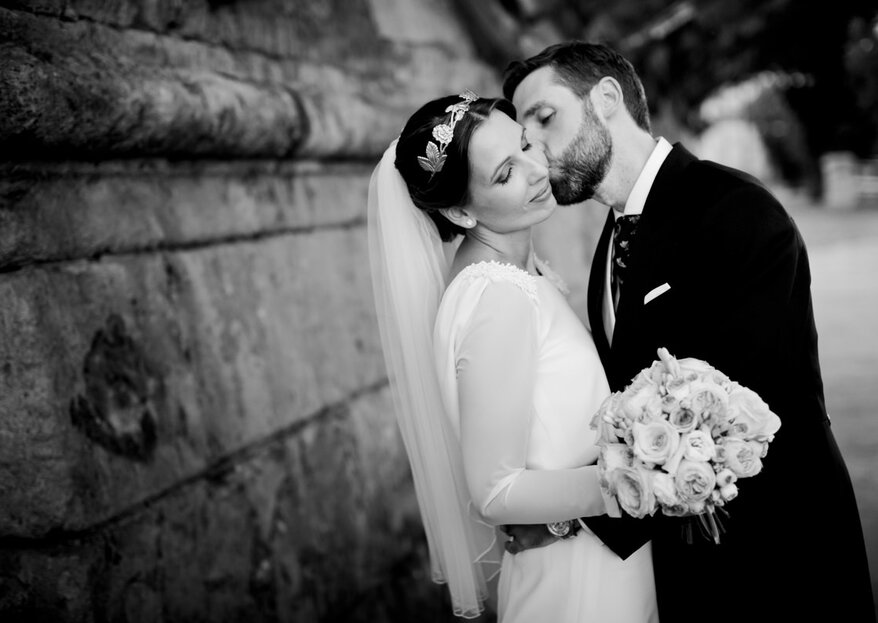Although we look for eternal happiness in a partner, the reality is that many marriages can come to an end, for a variety of different reasons. It’s not necessarily that these couples have made a bad decision that results in divorce, but life is often full of contradictions and complications.
However, when it comes to bridal matters, there are always second opportunities. If you’ve found love for the second time then, congratulations! Here are some important considerations that you should know before embarking on your new adventure.
If your first wedding was a religious ceremony (Catholic)
When it comes to religious weddings, your options are more limited. To begin with, it’s important to know that the Catholic Church doesn’t allow or support divorce in any case, since it considers marriage as an indissoluble sacrament. So, if you are divorced, there is no possibility of remarriage through the church, except if you were to have a partnership blessing or symbolic mass that isn’t linked to the sacrament of marriage.
Remarriage through the Catholic church is, however, possible if the previous marriage has ended in widowhood.
If the first marriage was a civil ceremony
In the case of a civil ceremony, the obstacles are less strict. Firstly, you’ll need to present all the documents you submitted for your first marriage, whether civil or religious: the identity documents of both parties, birth certificates, and the contact information of the witnesses of the new wedding.
Do bear in mind that the current UK divorce laws are rather difficult if you are applying for a no-fault divorce, requiring a two-year separation period before the divorce is made official.
Secondly, you will need to dig up the certificate of your previous marriage in which the divorce or annulment is also recorded. Without the latter, no wedding can be held, since bigamy is illegal and has been for centuries.
If you have children from your previous marriage
If you’re not seeking to have your second marriage as a church ceremony, your first marriage should not affect the second unless there are children involved.
Where children are involved, every remarriage is subject to the status of child support (often known as maintenance) to the child from the previous marriage, should the parents have opted for shared custody. To adhere to this complication, many people who are marrying for the second time maintain separated assets rather than combined.
Changes to the will
If a person remarries, then they will not be considered on their previous spouse’s will as the rightful inheritor – which is understandable, of course. So whether you’re sharing assets with your new spouse or not, make sure you speak to your lawyers about adjusting your will so that you can provide for both your new partner and children from your previous marriage.

If your first marriage has ended and you have been lucky enough to fall in love again, why not marry for a second time? All you need to do is read the fine print before launching into your new adventure!
Don't want to miss out on the latest trends for your wedding?
Subscribe to our newsletter.







Leave a comment